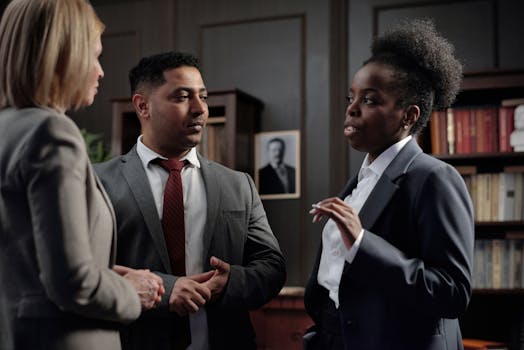You can get into public relations (PR) with a degree in most subjects.
You could also do a degree or postgraduate course related to public relations. The Chartered Institute of Public Relations has a list of recognised university courses.
Courses include:
- public relations
- public relations and media
- marketing and PR
- PR and corporate communications
Entry requirements
You'll usually need:
- 2 to 3 A levels, or equivalent, for a degree
- a degree in any subject for a postgraduate course


